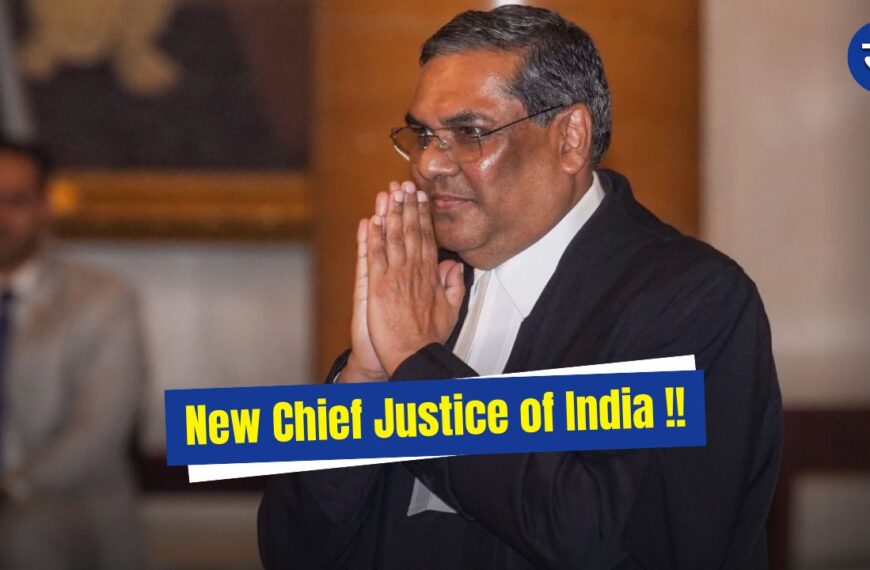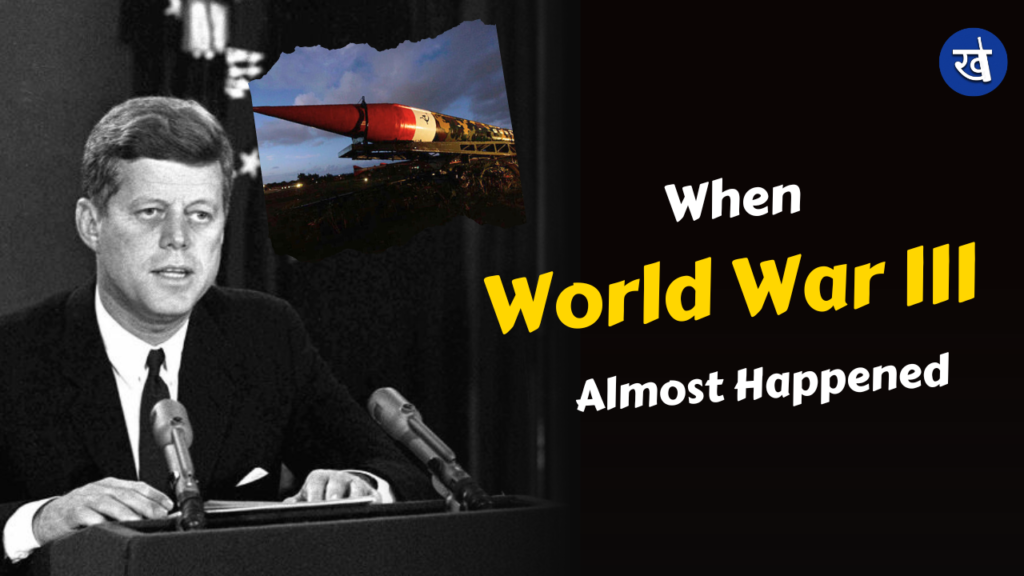
The Israel-Hamas War has raised concerns about escalating tensions across the globe. Before the Israel-Hamas War, the world has witnessed numerous moments when global tensions teetered on the edge, and none perhaps more famously than the Cuban Missile Crisis. In October 1962, the world held its breath as the United States and the Soviet Union engaged in a high-stakes game of brinkmanship. This article delves into the inside story of the Cuban Missile Crisis, a pivotal event during the Cold War, where the world came perilously close to the precipice of World War III.
The Cuban Missile Crisis: When World War III Almost Happened
In 1962, the world held its breath as the United States and the Soviet Union stood on the brink of a devastating conflict known as the Cuban Missile Crisis. This article delves into the heart-pounding inside story of an event that nearly plunged the world into World War III, exploring the tensions, critical decisions, and backroom diplomacy that ultimately averted catastrophe.
The Build-Up:
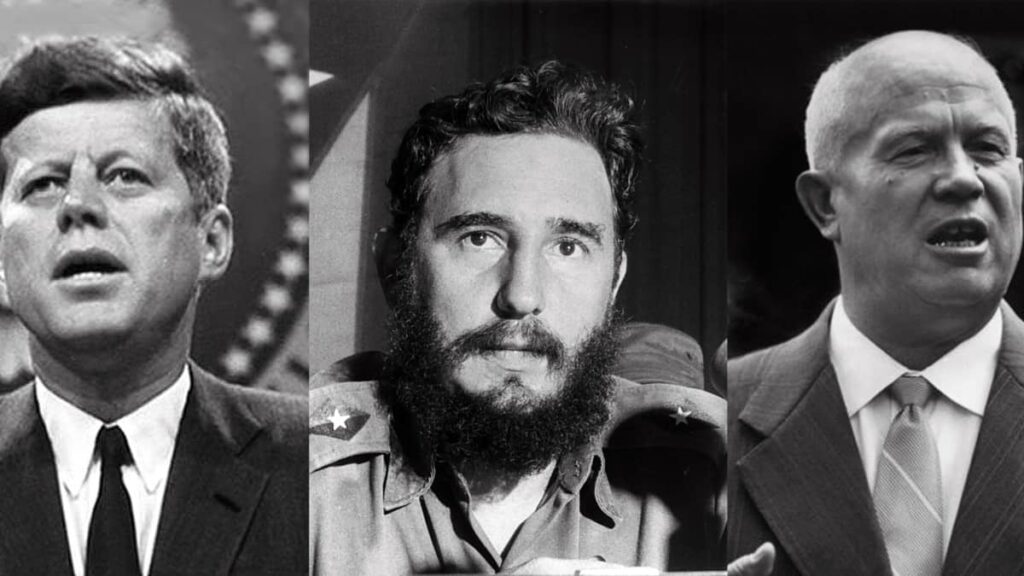
The Cuban Missile Crisis had its origins in the ongoing Cold War rivalry between the United States and the Soviet Union. To set the stage, one must understand the key players and circumstances leading up to the crisis.
In 1959, Fidel Castro’s revolutionary forces overthrew the U.S.-backed Cuban government, ushering in a new era of communism in Cuba. The Soviets, looking to expand their influence in the Western Hemisphere, saw an opportunity in Cuba and initiated a covert partnership with Castro’s regime.
Also Read- Know Why Tesla Cars Failed To Debut In India?
Inside the White House: The Decision-Making Process:
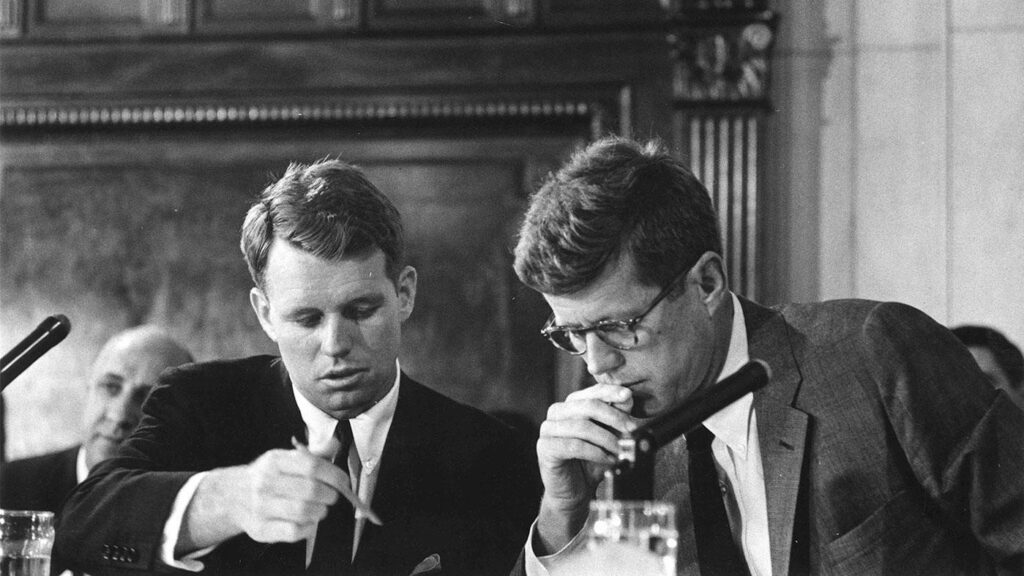
The heart of the Cuban Missile Crisis’s inside story lies in the decision-making process within the White House, where President John F. Kennedy and his advisors were faced with an existential threat to U.S. security.
U.S. intelligence agencies discovered that the Soviets were installing nuclear missiles in Cuba, which sent shockwaves through the Kennedy administration. The crisis presented two main options: a military strike to destroy the missiles in Cuba or a naval blockade to prevent further missile shipments. The decisions made in the White House had the potential to alter history, and Kennedy ultimately chose the less aggressive option of a naval blockade, which he called a “quarantine.”
Backroom Diplomacy:
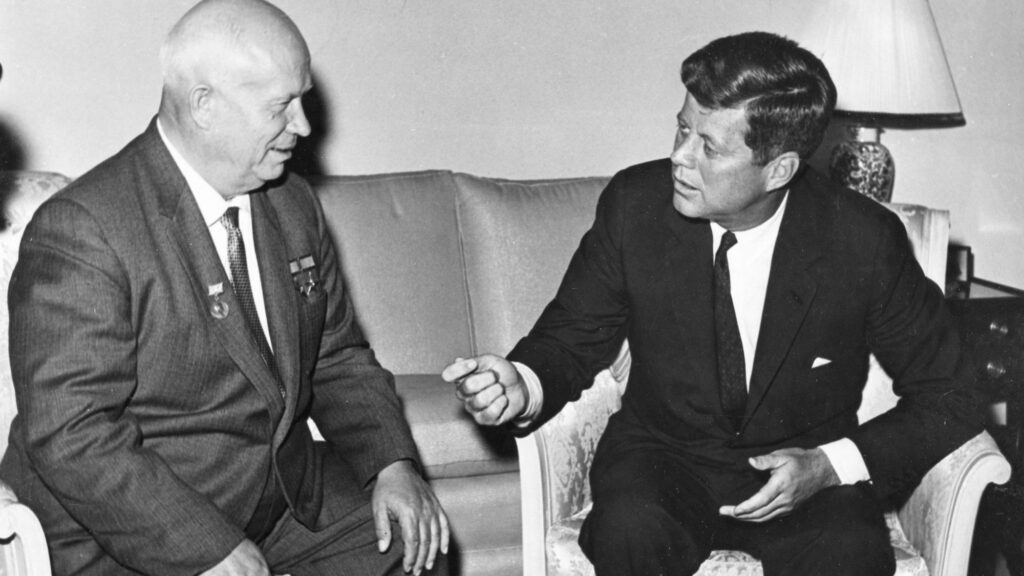
The Cuban Missile Crisis wasn’t just about public pronouncements and military posturing. Behind the scenes, secret negotiations played a critical role in avoiding catastrophe. Attorney General Robert F. Kennedy engaged in secret discussions with Soviet Ambassador Anatoly Dobrynin, helping to lay the groundwork for a peaceful resolution. Premier Nikita Khrushchev faced his own set of challenges, needing to save face while avoiding a nuclear confrontation with the United States.
Also Read- Why The Man Who Ate A Girl, Never Saw Jail?
De-escalation and Resolution:
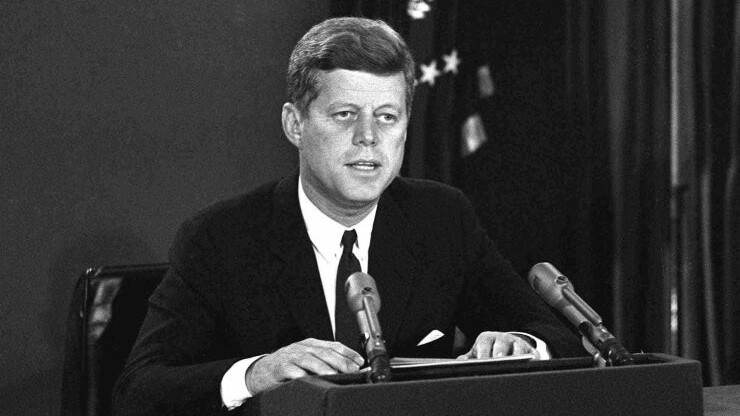
After a nerve-wracking 13 days, the world saw a glimmer of hope as the crisis began to de-escalate. Khrushchev agreed to dismantle the Cuban missile installations in exchange for the U.S. pledge to remove its Jupiter missiles from Turkey. The Cuban Missile Crisis was over, and a nuclear conflict had been averted.
Legacy and Lessons:
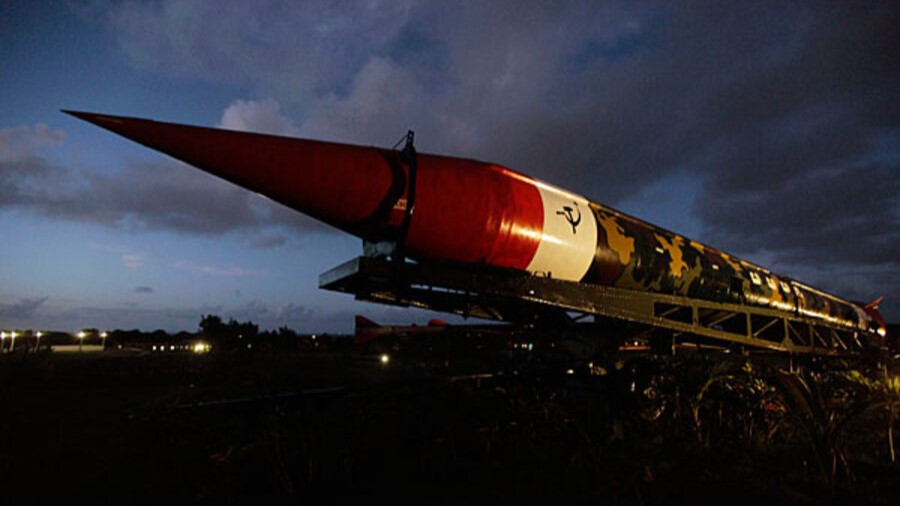
The Cuban Missile Crisis serves as a sobering reminder of the importance of diplomacy and restraint in times of crisis. The inside story of this event exemplifies the high-stakes decision-making, backroom negotiations, and the human element that played a pivotal role in preventing a potentially catastrophic outcome. It is a testament to the power of diplomacy and rational decision-making in the face of the most dire of circumstances.


